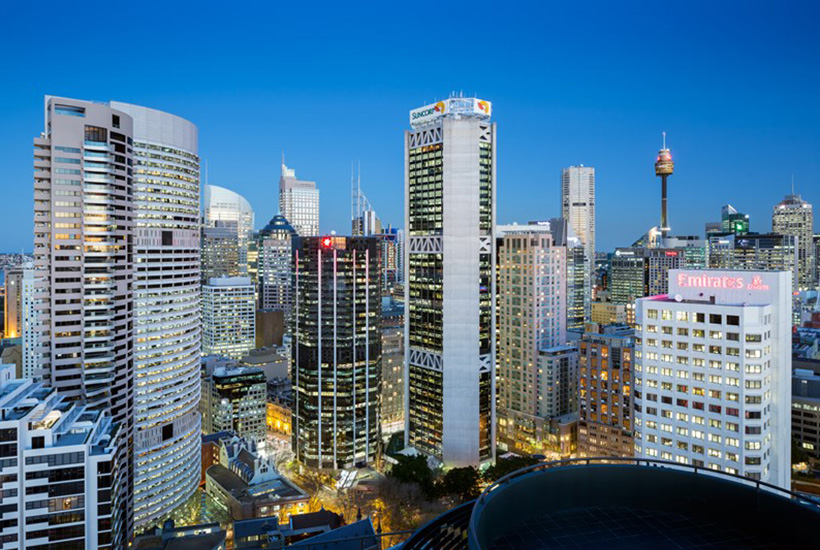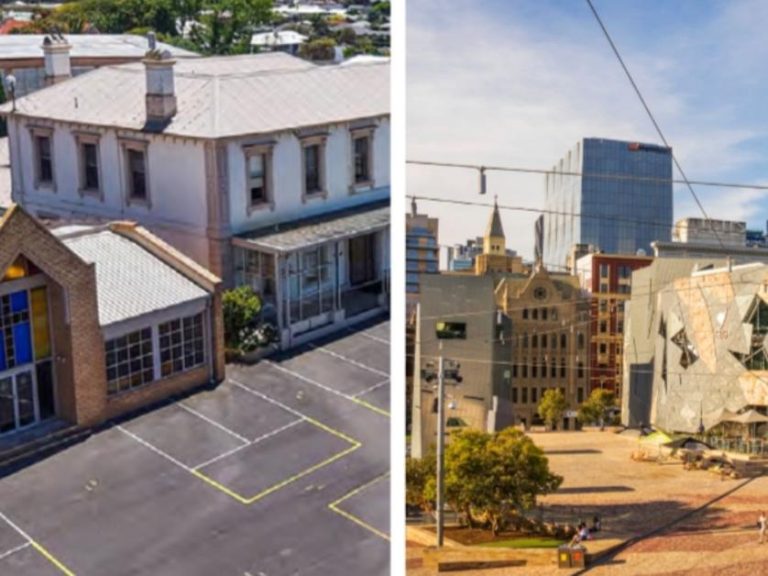Australian commercial property a safe bet amid global uncertainty

Our economic growth may be sluggish, inflation low and retail trade in recession, but compared to the rest of the world we are looking like an economic and political dream.
With so much global uncertainty, it’s not surprising that Real Capital Analytics found that in the first half of the year, Australia was the only country in the Asia-Pacific that saw growth in commercial property investment volumes.
A global move to pursue safe assets
We’re currently watching investors take their money out of the stockmarket due to ongoing volatility, which is making some pretty safe companies look like bad investments.
Despite most economic indicators in the US tracking reasonably well, the geopolitical uncertainty is making investors jumpy. Gold prices are rising, the US dollar is strengthening and investors are piling into long-term bonds driving the inverted yield curve — all clear signs they’re nervous.
Commercial Insights: Subscribe to receive the latest news and updates
In Germany, long-term bond rates are negative despite signs the country might be heading for a recession. That means investors are prepared to lose money over the next 30 years just to keep it somewhat safe.
Is commercial property a safe asset?
Commercial property is usually seen as a pretty safe investment, but right now many previously safe countries are looking shaky. Investing in London office space has been a sure bet for as long as I can remember, but now its status as a global financial hub, linked into Europe, is about to fall. Occupiers in financial services have been moving many parts of their businesses to Europe since Brexit was announced, but they will move much more quickly if a “no deal” goes ahead.

An office building at 66 Eagle St in Brisbane.
And while US dollars are seen as a safe option to park money, US property is being viewed as increasingly risky for foreign investors. It is particularly precarious for Chinese investors as the trade war starts to affect other sectors and all it would take is an unexpected tweet from the US President for foreign ownership laws to swiftly change. You can see why investing in German bonds that may return less than what you put in isn’t looking so bad.
Hong Kong has been a popular location for commercial property investment, but recent troubles have accelerated since June and political uncertainty is making it far less desirable. Similarly, Europe is unattractive with very low growth and many countries heading into a recession. Asia and South America remain secondary markets, and Canada is too closely linked to the US.
So, where are the buyers of large-scale commercial property going?
Japan is seen as a pretty safe bet, but with very low growth it isn’t at the top of the list. Singapore is also seen as a good option, but property is tightly held and hard to get hold of.
Although Australia has economic growth challenges ahead — RBA modelling calculates that for every five-basis-point decline in Chinese economic growth, ours will drop one basis point — our commercial property is catching the eye of local and global investors.
The housing market has experienced softening conditions over the last two years, but commercial property has gone from strength to strength. Availability of stock might become an issue, but as long as we have property for sale, the acceleration of pricing will continue.
Some say Australian commercial property is as safe as houses, but I think it’s more a case of “as safe as investment grade industrial and prime office”.
Nerida Conisbee is REA Group chief economist.
This article originally appeared on www.theaustralian.com.au/property.







